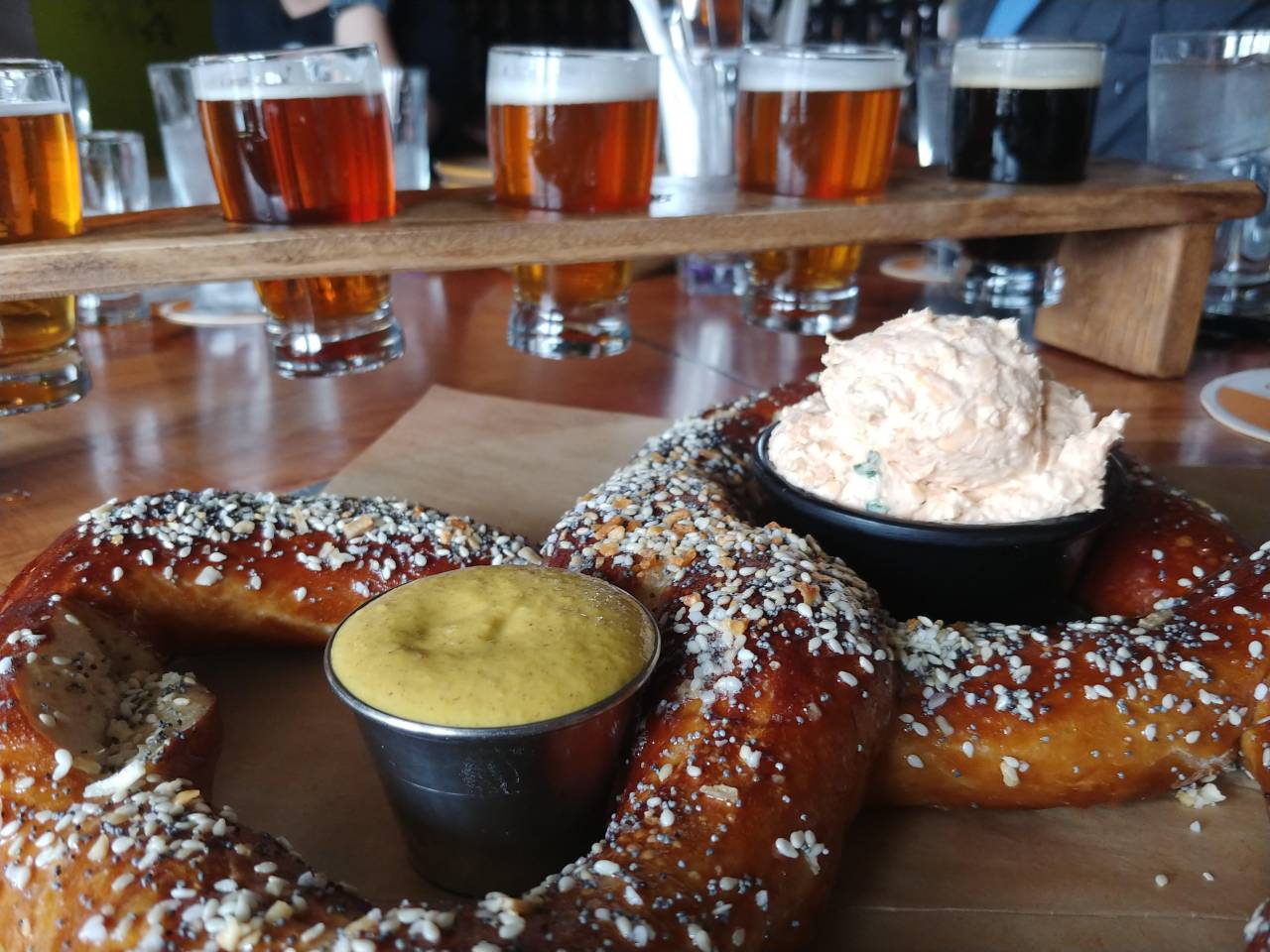Solo travel forces you to make every decision yourself - from navigating unfamiliar transit systems to handling missed connections and last-minute plan changes. That independence builds a specific confidence that transfers directly to professional challenges, personal relationships, and everyday problem-solving. Here's what experienced travelers learn about control, flexibility, and knowing when to let go.
What Do You Call Your "Guys Trips"?
Picture yourself standing in a train station in Munich, watching your connection pull away because the first leg ran twenty minutes late. Nobody's coming to fix this. No tour guide, no travel buddy with a backup plan. Just you, a departing train, and a choice to make. These moments - frustrating as they are - become the foundation for a kind of calm problem-solving that serves you for years afterward.
Why Solo Travel Builds Real Confidence
When you set out alone, every outcome depends on your choices. Where to go, what to eat, when to move on. According to a 2023 Solo Travel Society survey, 84% of solo travelers cite freedom and flexibility as their top reasons for traveling alone - and that autonomy translates into genuine self-reliance. Traveling solo strips away the option to defer to someone else.
Group travel involves constant negotiation. You adjust to different energy levels, compromise on restaurants, and spend twenty minutes outside a shop nobody else cares about. Solo travel eliminates all of that. You stop needing consensus and start trusting your own judgment. The first few days might feel strange, but that rock-solid confidence becomes noticeable in other scenarios - leading a team at work, planning a weekend with the guys, or making calls under pressure.
Research from Hostelworld's 2025 State of Solo Travel report found that 78% of solo travelers say the experience boosts their confidence, mental health, or both. That tracks with what experienced travelers already know - facing challenges alone builds capabilities that stay with you long after you return home.
The Harder Lesson: Control Has Limits
Even experienced travelers know that plans fall apart. Maybe a bus breaks down in Portugal. Maybe your luggage decides to visit Frankfurt while you're in Prague. Maybe the weather turns the moment you reach that viewpoint you drove four hours to see.
Those moments teach humility. They remind you that control only extends so far, and that's actually okay. What matters is response, not resistance. Sometimes you adjust. Sometimes you slow down. Sometimes you sit in an airport bar for six hours and strike up a conversation that becomes the highlight of your trip.
It's a bit like taking a spin in online roulette - you make your choices, set your strategy, but the final result involves factors beyond your control. Learning to accept that reality builds patience and perspective that extends well beyond travel. The guy who handles a canceled flight without losing his mind is the same guy who stays calm when a client pushes a deadline or a deal falls through.
Finding the Balance Between Planning and Flexibility
Good solo travelers don't abandon planning entirely. They prepare enough to stay safe and organized while leaving room for surprises. Dr. Michael Brein, who has studied the psychology of travel for over four decades and interviewed more than 1,600 world travelers, notes that the most successful travelers develop what he calls a "readiness" for the unexpected - an ability to read situations quickly and respond appropriately without panic.
The sweet spot sits around 70% planned and 30% open - book your accommodations and major transportation, but leave your days flexible enough to follow recommendations from locals or fellow travelers. Rigid plans create stress when reality doesn't cooperate, while loose frameworks allow for adaptation.
When you let go of the need to control every detail, unexpected things happen. A conversation with a stranger turns into a shared meal and a recommendation for a restaurant you'd never have found. A missed bus leads to a walk through a quiet neighborhood that becomes your favorite memory. You start to understand that not everything needs to go as planned to go right.
This mindset proves especially valuable when you're eventually organizing guys trips or traveling with family. The skills you build traveling alone - reading situations, making quick decisions, staying flexible - make you the guy everyone wants planning the bachelor party or the annual fishing trip.
What You Bring Home
After enough solo trips, the balance between planning and pivoting becomes instinctive. You stop panicking when schedules break down - not just on the road, but at work and in daily life. The practice of handling the unexpected has trained you to trust yourself to figure things out.



That quiet confidence is the real prize. You've proven to yourself, repeatedly, that you can navigate unfamiliar situations without a safety net. You've learned that preparation matters for getting started, but flexibility matters for actually enjoying the journey. And you've discovered that some of the best experiences come from moments you never planned at all.
These lessons translate directly to professional life. The ability to stay calm under pressure, make decisions with incomplete information, and adapt when circumstances change - these are exactly the skills that separate good leaders from great ones. Solo travel is essentially a training ground for handling uncertainty with grace.
Control What You Can, Release What You Can't
Solo travel teaches a simple truth that takes most people years to learn any other way: you can control your preparation and your response, but you cannot control outcomes. The flight will leave when it leaves. The weather will do what it does. The restaurant you researched for weeks might be closed for renovation. Your job is to prepare well enough that you can handle whatever happens, then let go of the rest. Interestingly, experienced solo travelers often report that this mindset reduces anxiety not just during travel, but in their everyday lives - once you've navigated a foreign country alone, a tough week at work feels significantly more manageable.
